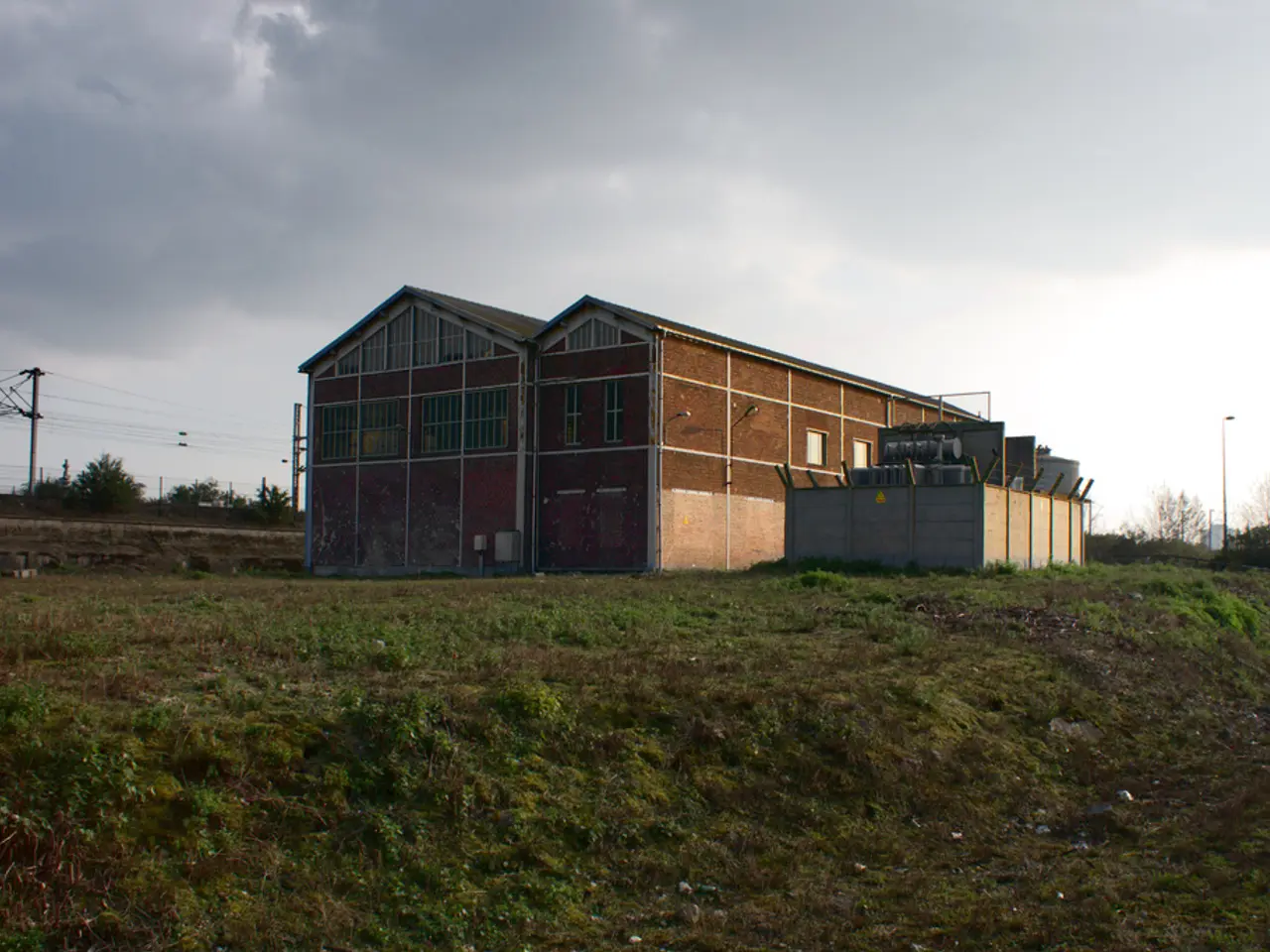Researchers in Durham granted additional funds to leverage Artificial Intelligence technology
In a significant stride towards the UK's Net Zero targets, researchers at Durham University have been granted £1.84 million to develop virtual power plant (VPP) technologies. This project, led by Professor Hongjian Sun, a Fellow of Durham Energy Institute and Professor in the Department of Engineering, aims to revolutionise the way millions of Distributed Energy Resources (DERs) are integrated into the UK power grid.
The project consortium includes partners from various academic institutions, such as the Universities of Edinburgh, Birmingham, and Northumbria, as well as eleven industrial partners, including Siemens, Northern Power Grid, and National Grid Gas Transmission. The collaboration between these entities will foster interdisciplinary research and national and international cooperation.
A virtual power plant is a digitally controlled network that aggregates many small energy-producing and consuming units, such as private solar systems and battery storage, to act as a flexible and decentralized energy source stabilising the power grid. The widespread adoption of VPPs aims to lower energy bills, reduce power cuts during extreme weather events, encourage renewable energy adoption, and aid in rapid Net Zero progress.
The project will develop innovative physics-informed Artificial Intelligence (AI) solutions for enabling VPPs, capable of aggregating and managing many diverse DERs. These AI solutions aim to improve the decision-making of network operators and enhance the grid resilience during natural hazards and extreme weather events. Effective solutions for grid operation, power flow management, and voltage anomalies are needed to leverage the potential Net Zero rewards.
The project's outcomes will develop an approach to manage millions of DERs connected to the UK power grid. These advancements will not only contribute to the UK's Net Zero targets but also provide students in the Department of Engineering with excellent employment opportunities. The project's outcomes will be showcased on the Department of Engineering's webpages, where more information about postgraduate and undergraduate programmes can be found.
The grant is part of UK Research and Innovation's £13 million investment to help the UK meet its Net Zero targets. This investment also focuses on sustainable land management, energy-efficient carbon dioxide capture, and improving resilience to natural hazards and extreme events. The Department of Engineering at Durham is one of the leading centres of research in Engineering in the world, ranked 5th in the UK in The Guardian University Guide 2022.
In addition to the VPP project, other projects in the package will look at accelerating biofuel crop selection with high yields and climate resistance. This comprehensive approach to sustainable energy and land management will undoubtedly contribute significantly to the UK's Net Zero targets and create a more resilient and efficient energy system for the future.
Read also:
- Peptide YY (PYY): Exploring its Role in Appetite Suppression, Intestinal Health, and Cognitive Links
- Aspergillosis: Recognizing Symptoms, Treatment Methods, and Knowing When Medical Attention is Required
- Nighttime Gas Issues Explained (and Solutions Provided)
- Home Remedies, Advice, and Prevention Strategies for Addressing Acute Gastroenteritis at Home








